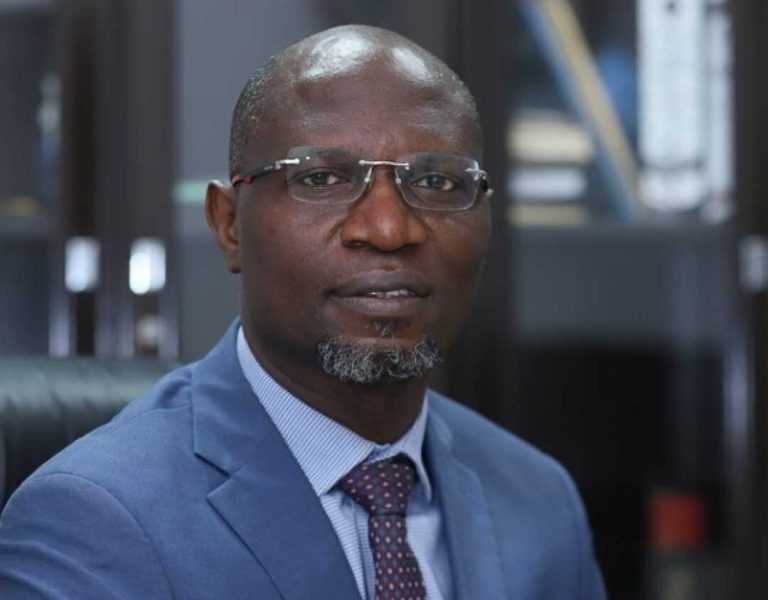From Adanna Nnamani, Abuja
As Nigeria works towards diversifying its economy, the Securities and Exchange Commission (SEC) has expressed its commitment to fostering innovation and collaboration to establish commodities exchanges as essential contributors to economic growth, job creation, poverty reduction, and national development.
According to a statement from SEC, its Director General, Dr. Emomotimi Agama, stated this while speaking at a meeting with stakeholders in Abuja recently.
Agama vowed that the Commission will consistently adapt and innovate in critical areas, including capacity building, infrastructure development, and partnerships with stakeholders, to enhance and maintain commodities markets in Nigeria.
He assured that the SEC would persist in pursuing innovative strategies to ensure the long-term sustainability of commodities exchanges in the country.
According to the DG, “Our role in sustaining commodities exchanges in Nigeria cannot be overlooked because at the heart of these exchanges’ functionality is the SEC whose regulatory oversight plays a pivotal role in ensuring their sustainability and credibility.
“Commodities exchanges in Nigeria facilitate the buying and selling of commodities in a structured and transparent environment. They provide farmers, traders, and investors with standardized contracts, enabling market efficiency and mitigating risks. These exchanges also play a vital role in addressing post-harvest losses, improving access to markets, and stabilizing commodity prices.
Agama disclosed that the vision of SEC is to provide an enabling environment, to protect investors, and to create a developmental strategy that will bring the commodities market into an enviable state.
“Over the years, the SEC has been deliberate about it and one of the things it did about 10 years back is to set up the commodities ecosystem technical committee, which is an upshot from the Capital Market Master Plan.
“Nigeria is a commodity space; every state of this country has commodities in commercial quantities, so we are working to build that ecosystem in such a way that we are able to meet all of the blocks within the value chain to achieve economic development, prosperity and a level playing field for every practitioner in this space.”
Agama stated that Nigeria is a commodity-based economy and so stakeholders must tap into the opportunities available adding that the SEC being the regulator of the commodities space will collaborate with the Federal Ministry of Trade and Investment to organise the second International Commodities Conference later in the year.
However, he emphasised that for these benefits to be realized, the SEC Nigeria must remain committed to ensuring the integrity and proper functioning of the exchanges.
